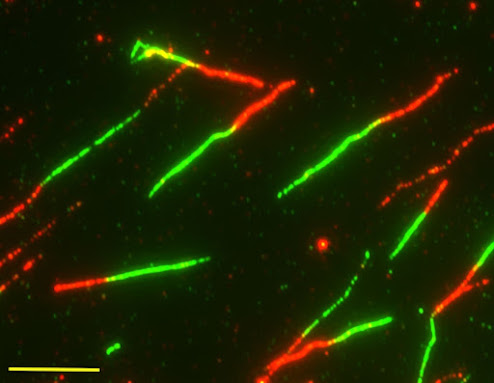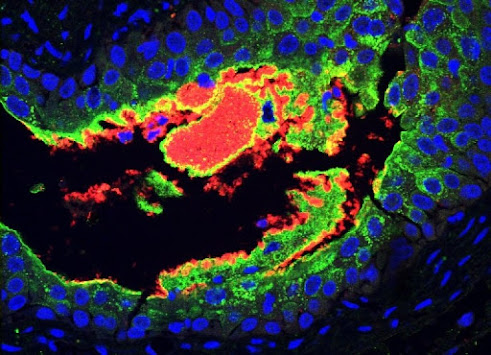.jpg) |
| The wolf pup Hendrix. Photo credit: Christina Hansen Wheat/Stockholm University. |
When it comes to showing affection towards people, many dogs are naturals. Now comes word reported in the journal Ecology and Evolution on September 20th that the remarkable ability to show attachment behavior toward human caregivers also exists in wolves.
The findings were made when researchers at Stockholm University, Sweden, tested 10 wolves and 12 dogs in a behavioral test specifically designed to quantify attachment behaviors in canids. During this test 23-week-old wolves spontaneously discriminated between a familiar person and a stranger just as well as dogs did, and showed more proximity seeking and affiliative behaviors towards the familiar person. Additionally, the presence of the familiar person acted as a social stress buffer for the wolves, calming them in a stressful situation. These discoveries build on a slowly accumulating body of evidence contradicting the hypothesis that the abilities necessary to form attachment with humans arose in dogs only after humans domesticated them at least 15,000 years ago.
“We felt that there was a need to thoroughly test this,” says Dr. Christina Hansen Wheat, PhD in Ethology from Stockholm University, Sweden. “Together with earlier studies making important contributions to this question, I think it is now appropriate to entertain the idea that if variation in human-directed attachment behavior exists in wolves, this behavior could have been a potential target for early selective pressures exerted during dog domestication.”















.jpg)
